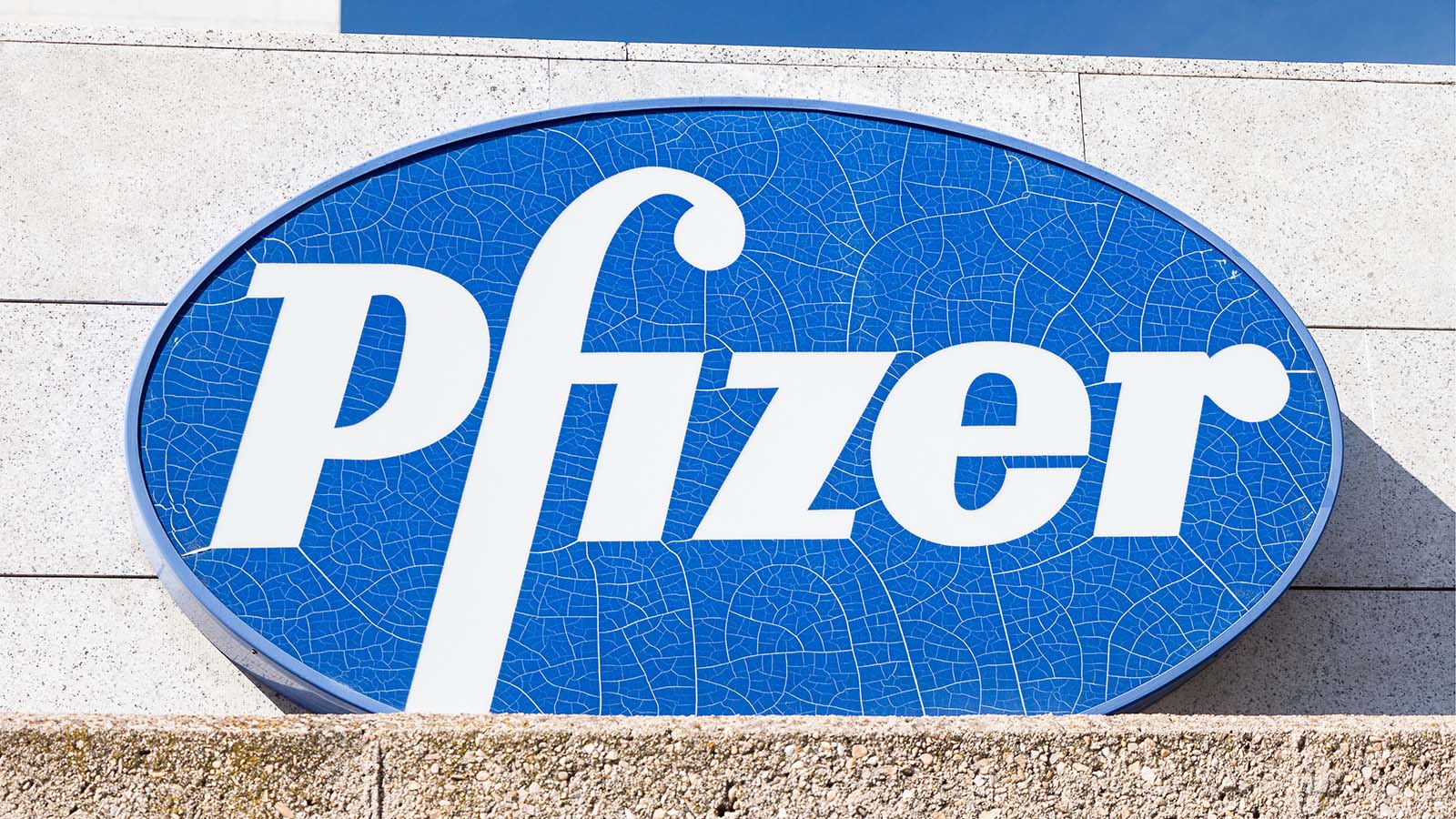Pfizer (NYSE:PFE) has been working on its recovery over the past six months as it climbs from its August lows. Despite rallying more than 15% from those lows, Pfizer stock is still down more than 13% from its fourth quarter 2018 highs. Is it time to bet on Pfizer stock or throw in the towel?
With a name like Pfizer, “throwing in the towel” makes it sound worse than it is. Because ultimately, Pfizer is a good company with a solid dividend and a long history. But I’m sorry to say that momentum is not on its side.
Some investors may read that as a technical takeaway. It’s not — at least, not entirely. While PFE stock has waning momentum on the charts, it’s losing momentum in its business, too. With a stock market near its highs, why buy Pfizer stock?
Valuing Pfizer Stock
If you’re looking for a cheap stock with a hefty dividend, Pfizer stock has attractive qualities. Likewise, income-oriented investors who have held PFE stock for years and years may feel compelled to stick with it as well. That’s fine.
Here are the headline numbers: Pfizer stock trades at 13.1 times 2019 earnings expectations and pays out a 3.9% dividend yield. For all intents and purposes, it is a bond-equivalent stock.
But those numbers mask some of the trouble under the hood. 2019 earnings are forecast to fall a nickel per share from 2018’s full-year results, and are further forecast to fall in 2020, down to $2.86 per share. Revenue is forecast to fall 3.7% this year to $51.66 billion. Worse, in 2020, sales are expected to drop another 4.5%.
Pfizer’s 2019 fiscal year ended on Dec. 31, although the company has yet to report its final quarterly results for the year. Should estimates for the coming 12 months of business be even semi-accurate though, it shows a company that has clearly lost momentum.
On the plus side, both gross and operating margins have been churning higher. On the downside, free cash flow has been in decline over the last 12 months.
Yield-chasing isn’t a crime in the investment world, but it’s not worth sacrificing everything for. Broadcom (NASDAQ:AVGO) has been aggressively raising its dividend — a 22.6% hike last month and 51% in December 2018 — and now pays a 4.15% yield. It’s got solid estimates for earnings and revenue this year and next year, with growth across the board.
Qualcomm (NASDAQ:QCOM) pays a smaller yield, at 2.8%. But if we can get this name on a dip, that yield will be closer to 3%, while the company has accelerating double-digit revenue and earnings growth.
My point? Pfizer stock isn’t a bad company, but it doesn’t have any momentum. Its yield is nice, but it’s not the only dividend stock in the world.
Trading PFE Stock
While the business lacks momentum, the charts were looking better. However, the Pfizer stock price is taking a turn for the worst.
Shares had formed a rising wedge pattern (blue lines). That means that the stock is putting in a series of higher highs and higher lows — which is good — but that the range between these highs and lows is narrowing. When a stock breaks from this pattern, it may very well continue in the direction of the break.
For PFE stock, the break happened to the downside, as wedge support gave way. Shares are roughly in the middle of its 15-month range, and while the break of wedge support is not necessarily the nail in the coffin, it’s not exactly good news either.
The $38.50 level has had mild significance over the past month. However, below that mark will mean that the Pfizer stock price also failed to hold the 20-day and 200-day moving averages. Below the 50-day moving average at $38.13 and shares can really start to flounder.
You can see where this is going. Losing these marks continues to add checkmarks in the bearish column, technically speaking. It’s another sign that momentum has waned and that PFE stock may be set for mediocre returns in the intermediate term.
Of course, bulls can rectify the situation by holding the $38.50 level and 200-day moving average, and eventually reclaiming wedge support. But without the fundamental catalysts in place, it may be hard for the stock to find traction.
In any regard, keep any eye on the stock price. Over former wedge support and the stock is OK.
Bret Kenwell is the manager and author of Future Blue Chips and is on Twitter @BretKenwell. As of this writing, Bret Kenwell is long AVGO.

